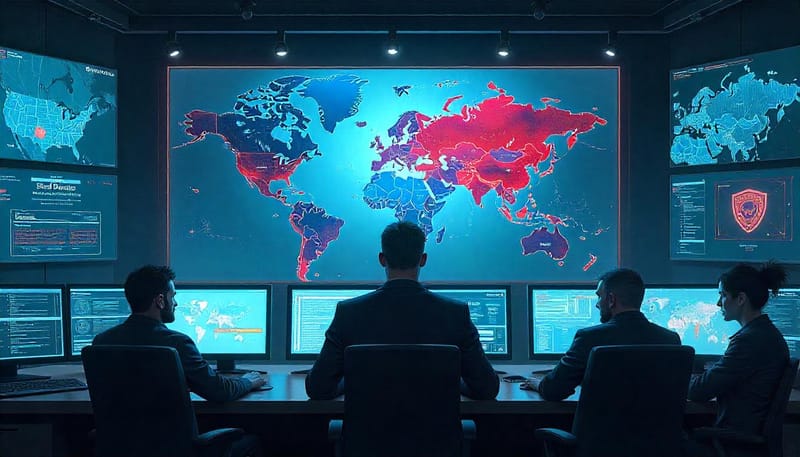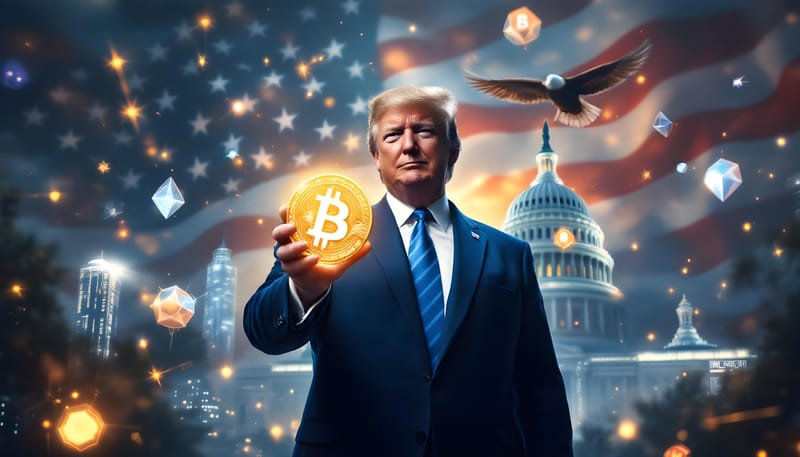Deepening Ties: The Expected Summit Between Kim Jong Un and Vladimir Putin
In a world dominated by shifting power dynamics and delicate diplomatic dances, the impending meeting between North Korean leader Kim Jong Un and Russian President Vladimir Putin holds significant geopolitical implications. Tentatively set in the Russian port city of Vladivostok, the potential summit is generating ripples of concern, particularly from

In a world dominated by shifting power dynamics and delicate diplomatic dances, the impending meeting between North Korean leader Kim Jong Un and Russian President Vladimir Putin holds significant geopolitical implications. Tentatively set in the Russian port city of Vladivostok, the potential summit is generating ripples of concern, particularly from U.S. officials who fear further weapons negotiations between the two nations.
A Convergence of Interests
Both North Korea and Russia have faced the brunt of international sanctions. Pyongyang, grappling with a crunch in hard currency, sees an opportunity in Moscow's desperation to reinforce its military efforts in Ukraine. The two nations haven't been discreet about their warming relations. Last year, North Korea shipped infantry rockets and missiles to Russia, purportedly for use by the Wagner Group mercenaries. Furthermore, indications suggest that North Korea is mulling over supporting Russia's military actions against Ukraine.
From Diplomatic Letters to Arms Negotiations
Historical ties between the two nations run deep. Russian Defense Minister Sergei Shoigu's visit to Pyongyang in July aimed to solidify these bonds. Not only was it the first visit by a Russian defense minister to North Korea since the Soviet Union's dissolution, but Shoigu also expressed interest in joint military exercises with North Korea. Following this visit, communication between Putin and Kim intensified, with both leaders exchanging letters.
Interestingly, despite these overtures, North Korea has frequently stated it would not sell arms to Russia. Yet, U.S. intelligence reports suggest Russian officials continued discussions on arms sales after Shoigu's visit. Russia's apparent ammunition shortage, brought on by Ukraine's counteroffensive, has driven Moscow to seek substantial munitions supplies from Pyongyang. Such a transaction would breach U.N. Security Council resolutions.
International Reactions and Implications
The White House, while not publicly confirming the anticipated summit, has voiced its concerns over the strengthening bond between Moscow and Pyongyang. Adrienne Watson, a spokeswoman for the National Security Council, highlighted the advancement of arms negotiations between the countries, hinting at high-level diplomatic engagements soon.
These developments have the potential to reshape regional dynamics. The U.S., along with allies like Japan and South Korea, continues to impose sanctions targeting both North Korea and Russia. The recent focus has been on a Russian firm believed to have ties with North Korea's weapons programs.
Kim Jong Un's infrequent trips outside North Korea emphasize the significance of this potential summit. It's a reminder of the intricate web of international relations, where alliances can pivot based on mutual interests and necessities. As Moscow and Pyongyang inch closer, the world watches, attempting to predict the reverberations of such a partnership on global stability and peace.




